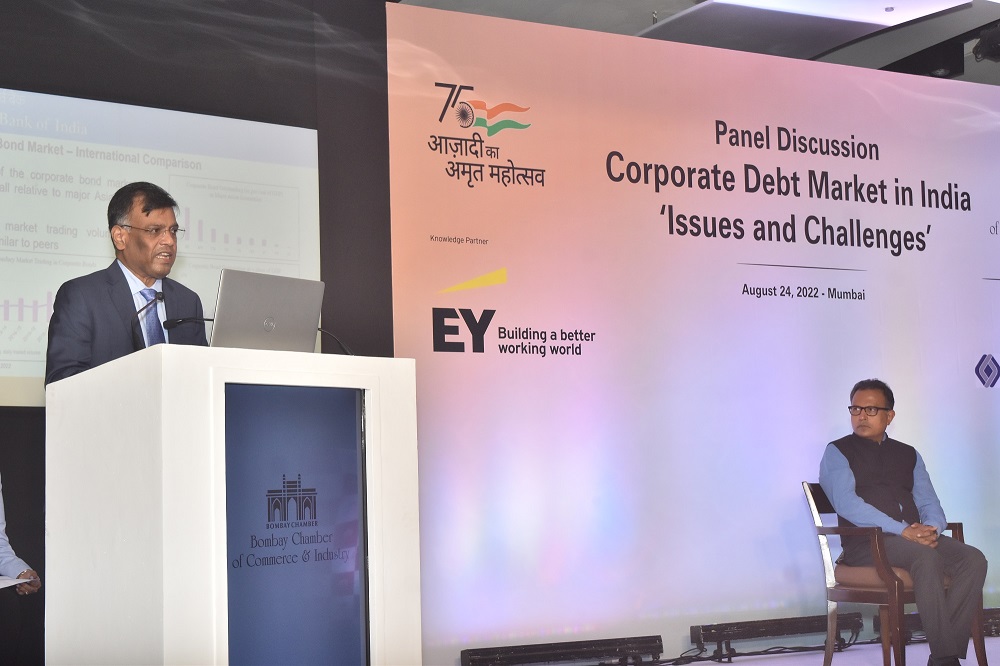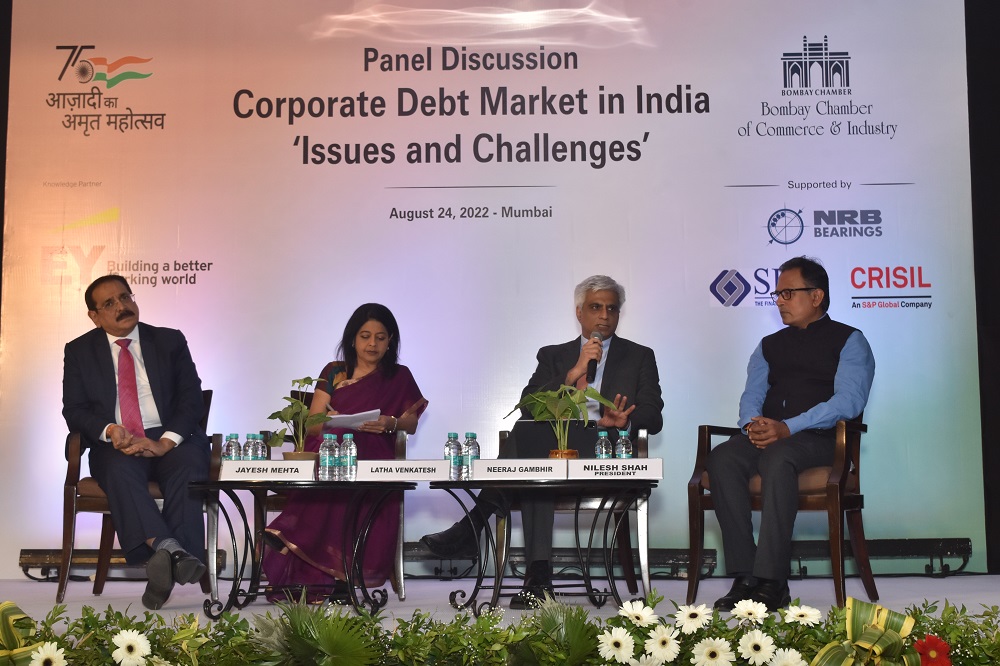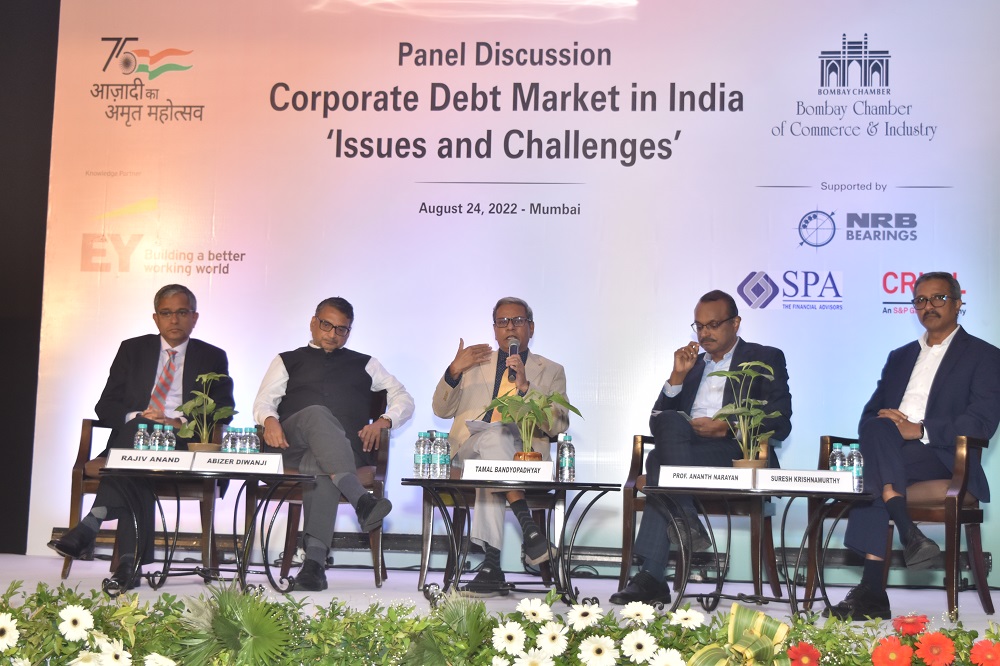Airports Authority of India (AAI) and LFV Air Navigation Services of Sweden (LUFTFARTSVERKET) signed a Memorandum of Understanding (MoU) to pave the way for bi-lateral exchange of aviation expertise and technology between the two countries.
The MoU will allow Indian companies to accelerate growth while leveraging Swedish innovation and expertise. Under the aegis of the MoU, the companies can collaborate in areas of mutual interest.
Acknowledging the pressing need for rapid development concerning next-generation smart airports and the necessity to build sustainable transport systems, both parties consented to the following elements of the MoU:
– Exchange of aviation knowledge and technical transfer program
– Promote close and friendly relations between the two agencies
– Aim to expand technical cooperation in airports
– Support the development of a safe, secure, sustainable, and efficient aviation sector
– Positive contributions in promoting bilateral and international trade
Speaking at the occasion, Mr Sanjeev Kumar, Chairman, Airports Authority of India expressed confidence that the mutual exchange in civil aviation between AAI and LFV Sweden will go a long way in building and operationalising the next generation of smart and sustainable aviation technology.
Cooperation areas and plan of activity
As per the report, AAI and LFV, both Government agencies of India and Sweden respectively, will jointly collaborate on the following areas of co-operation:
1. Air Traffic Management
2. Air Traffic Control
3. Remote Airport Management and Traffic Control
4. Airspace Design and Planning
5. Airport Design and Infrastructure
6. Digitalised Airport and Aviation
7. Capability and Training
8. Sustainable Airports and Aviation
9. Processes for pilots
10. Processes for scale-up
A Joint Working Group will be organised to prioritise interest areas and drive collaboration between the two countries. The MoU will also play a crucial role in furthering government-to-government engagements between India and Sweden in the Aviation sector in addition to other existing engagements such as sustainability, healthcare, innovation, energy, infrastructure, etc.













